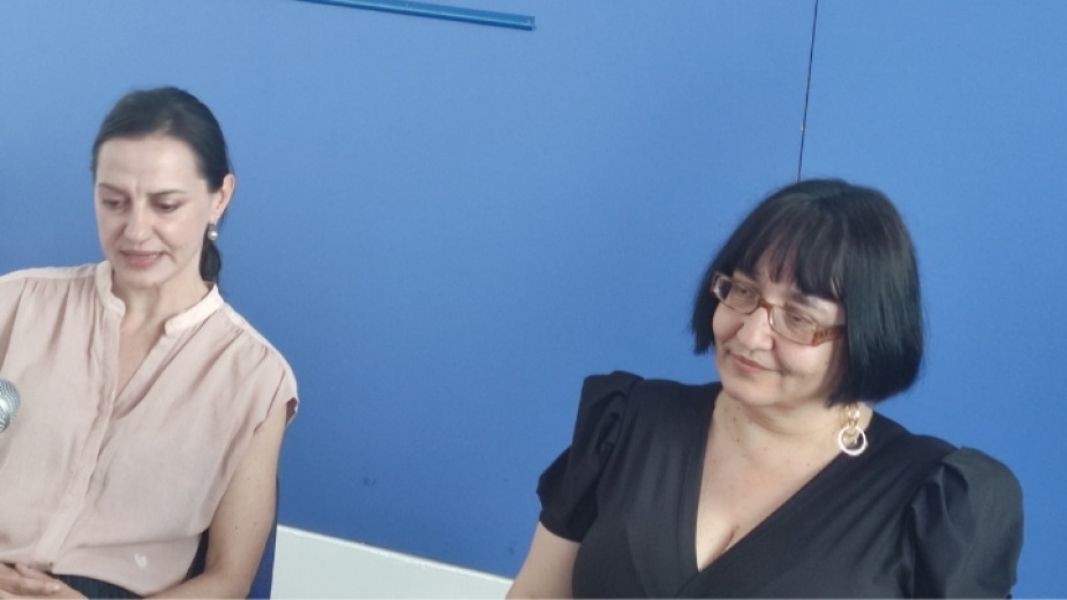The Covid-19 pandemic also has a serious impact on people's mental health, whether or not they have had the coronavirus infection. According to psychiatrists, severe depressive disorders have increased by 25% since the beginning of the pandemic, and every second person has trouble sleeping.
Since the beginning of the pandemic, more and more people in Bulgaria have been seeking psychological and psychiatric help, experts say.
"I think the stigma is no longer what it was 10-15 years ago. People are increasingly looking for the help of a psychiatrist or a psychologist. A lot of people who haven't even had the coronavirus come with anxiety, depressive or mixed disorders. The other big group - almost every other person in the pandemic – has sleeping issues. Sleep disorders are very common. The restrictions themselves, the pandemic leads to this. People who have suffered from Covid-19 develop very severe panic crises, heart problems, lung problems, there is no way for it not to affect the psyche ", Dr. Katya Edreva from the State Psychiatric Hospital in Lovech says.
According to her, the pandemic has not helped increase severe psychiatric illnesses, and depressive disorders and psychoses are treatable if we seek help from a specialist.

Psychologist Kalina Yordanova commented that the pandemic has had a negative impact on the mental health of children in Bulgaria. The restriction of social contacts and of the opportunities to play in a larger social circle aggravate some symptoms or unlock them:
"Many children come with disturbed sleep, with nightmares, with nocturnal enuresis, with fantasies that ghosts go into the room and then it turns out that it is all about unspoken losses in the family. This is happening against the backdrop of the pandemic because it triggers the question of loss".
According to psychologists, it is extremely important to talk to children on all topics, but you need to find the right form and language for this conversation.
English version Rositsa Petkova
Photo: Plamen Hristov
In 2032, Bulgaria and Denmark will select their cities for the title of European Capital of Culture. The procedure will open in 2026 when the two countries will officially invite their cities to prepare their candidacies. The candidates must draw up..
The Eastern Rhodopes are one of the few places in Europe where the balance of nature has been restored almost to the state it was in two centuries ago. Here, ecosystems function naturally. In other words, animals and plants coexist in harmony without..
"I started working as a teacher in France, but I was bored. I started looking around – where could I go as a history and geography teacher? A vacancy appeared in Bulgaria." And so in 2007, Vincent Dupuy, a recent university graduate, set off for a..
21 February is International Mother Language Day, first proclaimed as such by UNESCO and later adopted by the UN General Assembly. The right to..
"The place in France where we draw together the future of our children in Bulgarian" - this is how Yaneta Dimitrova described her workplace - the..

+359 2 9336 661
